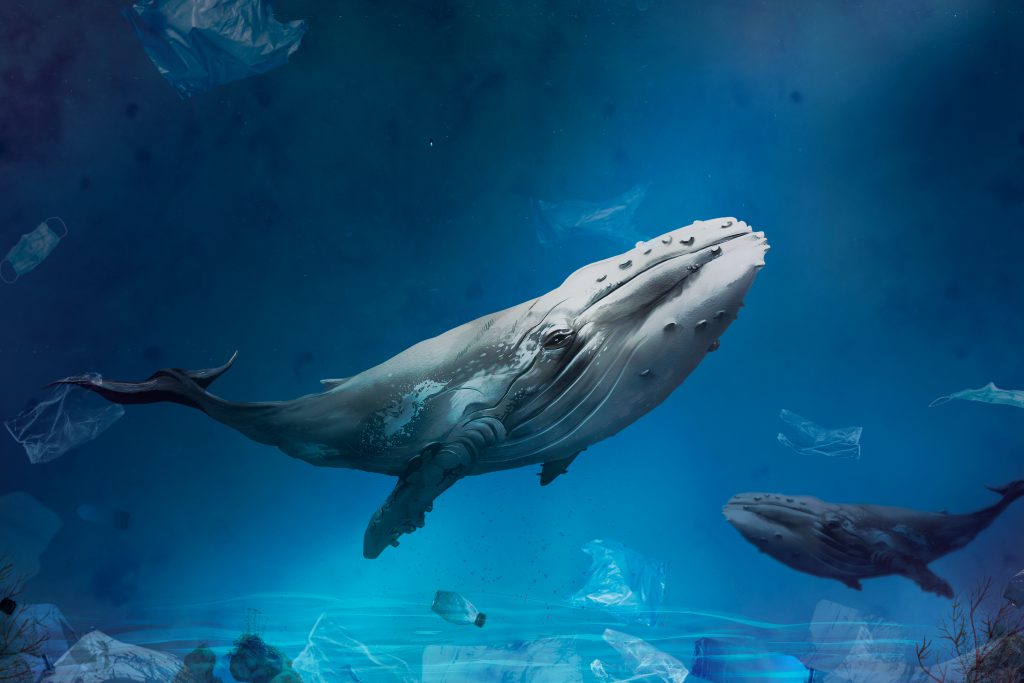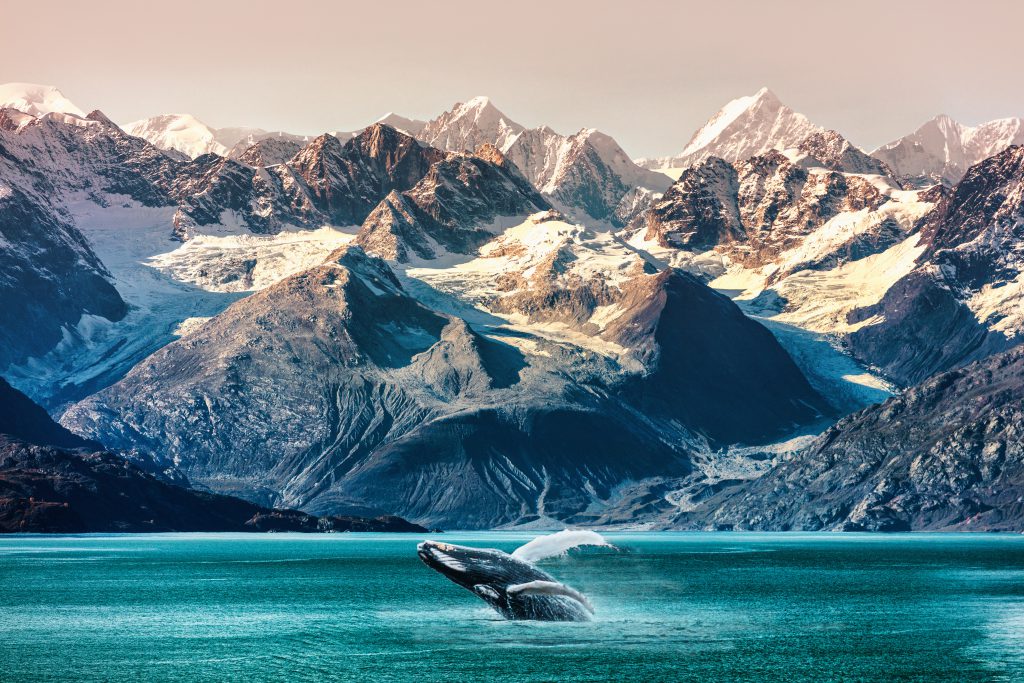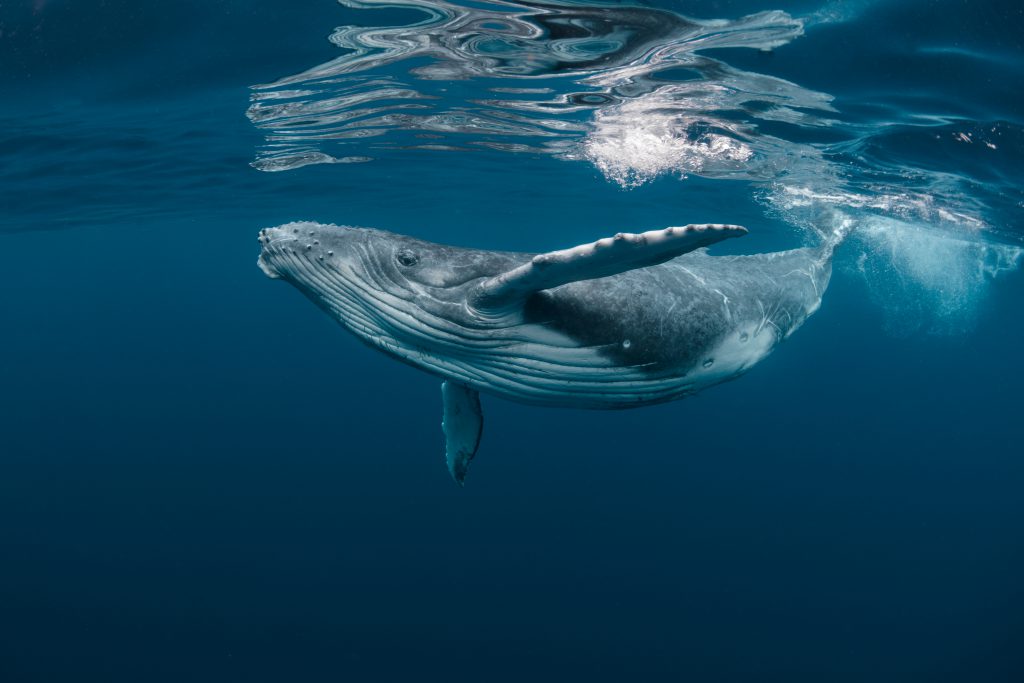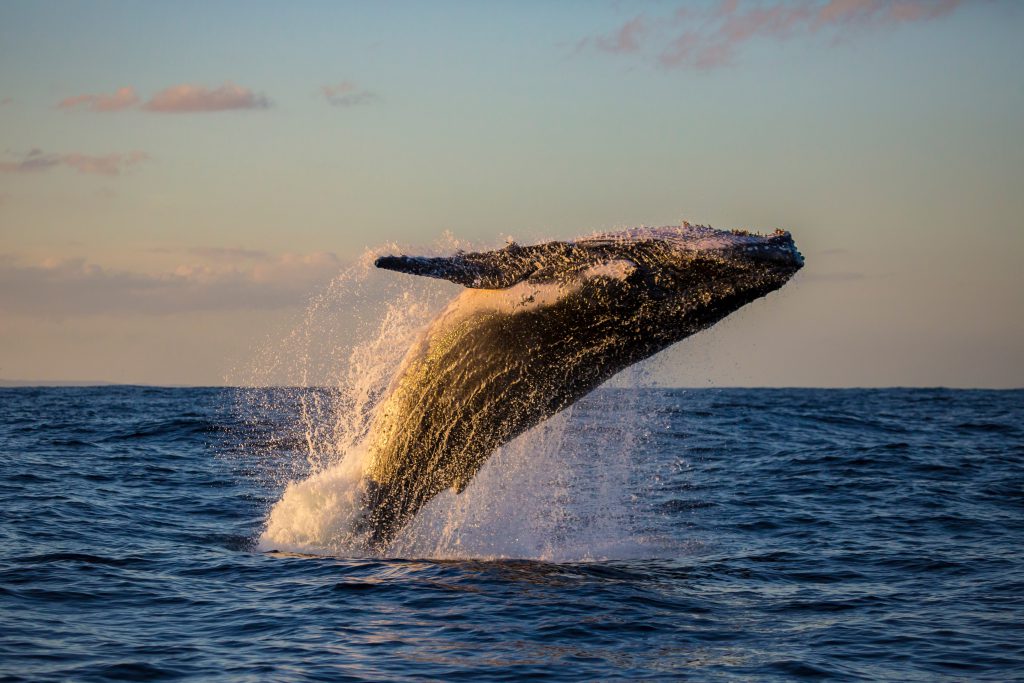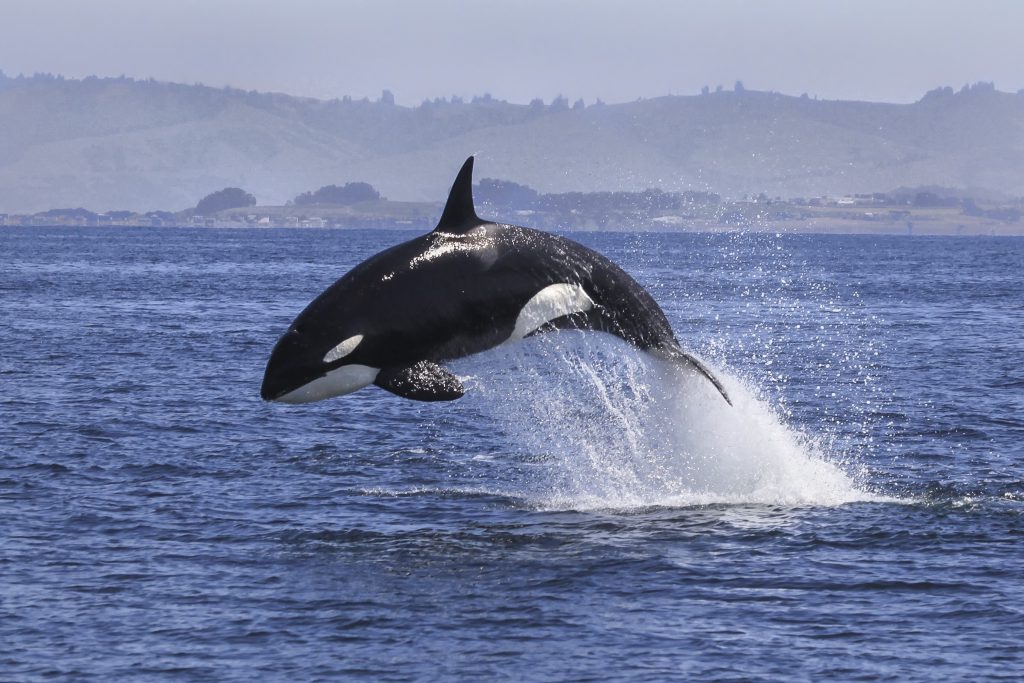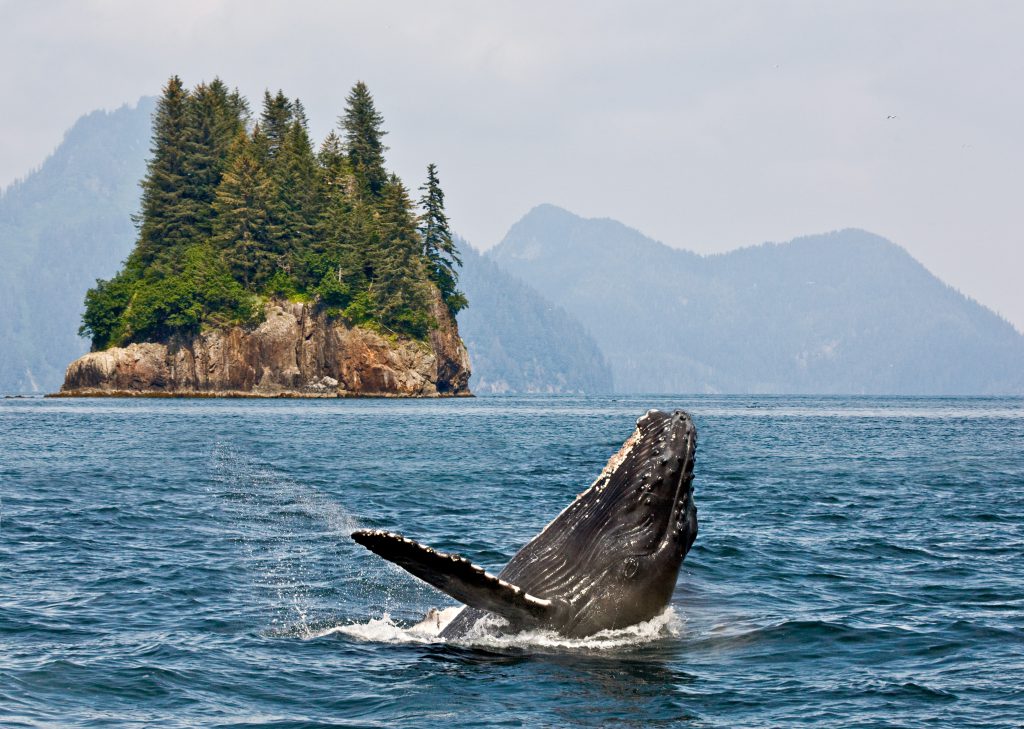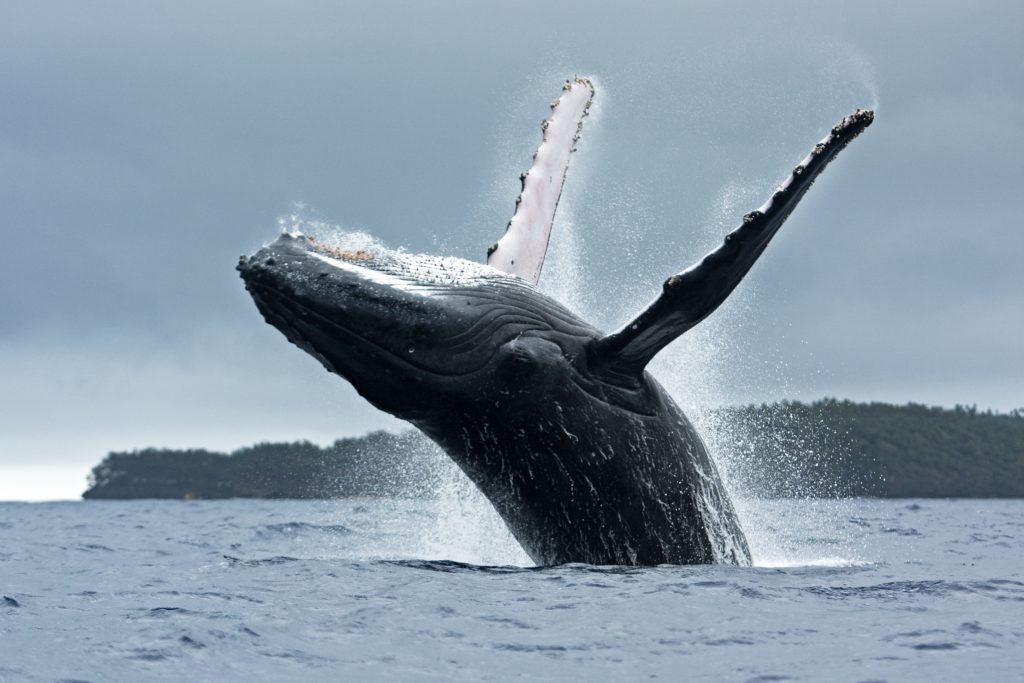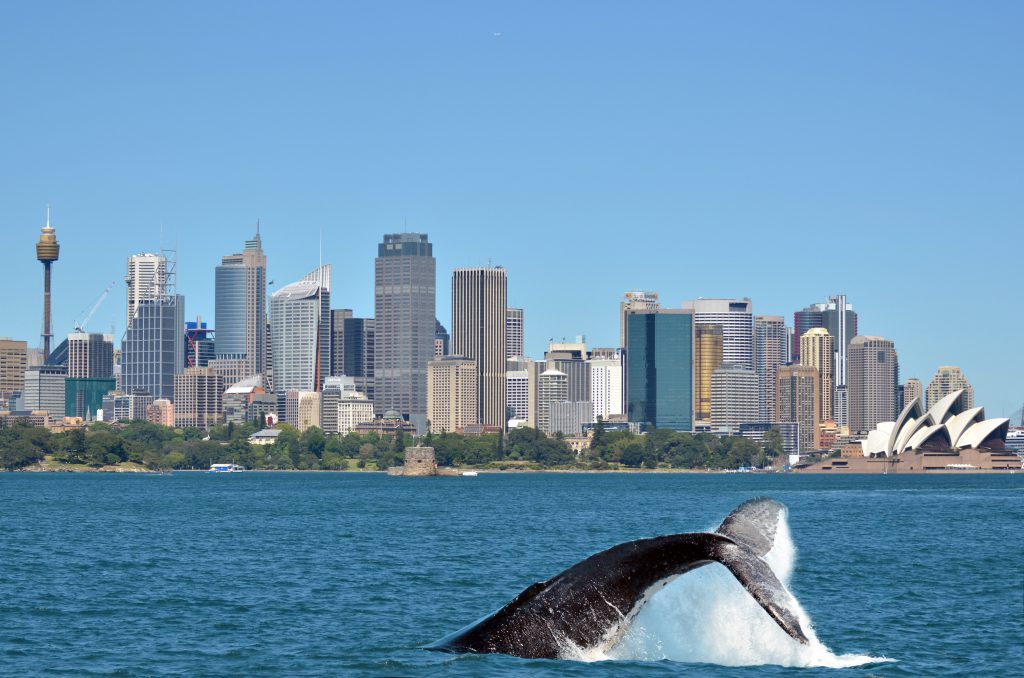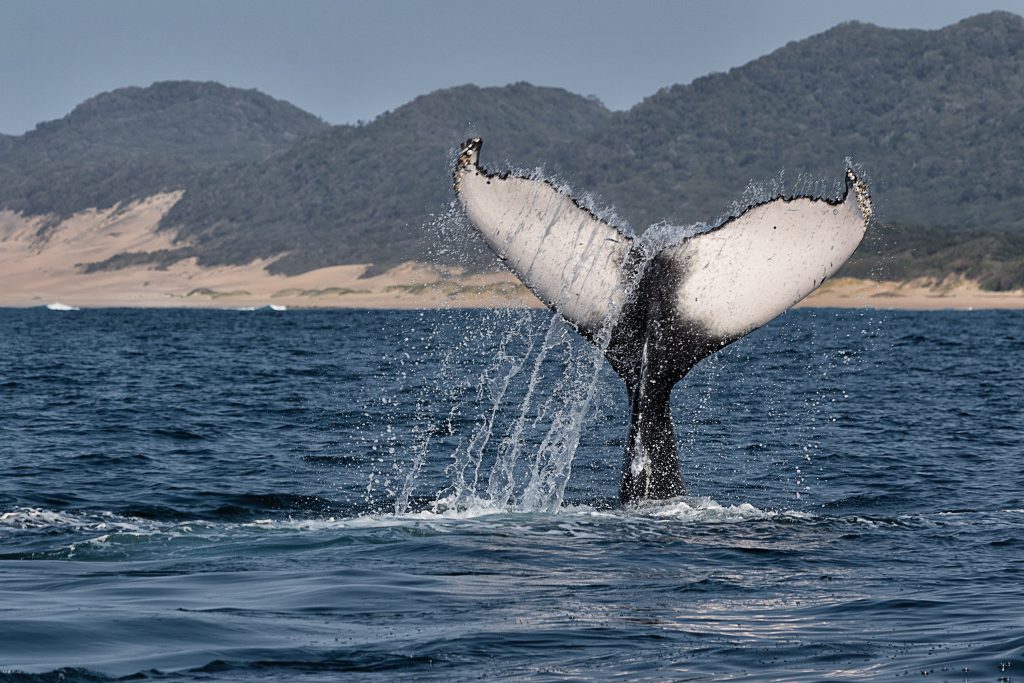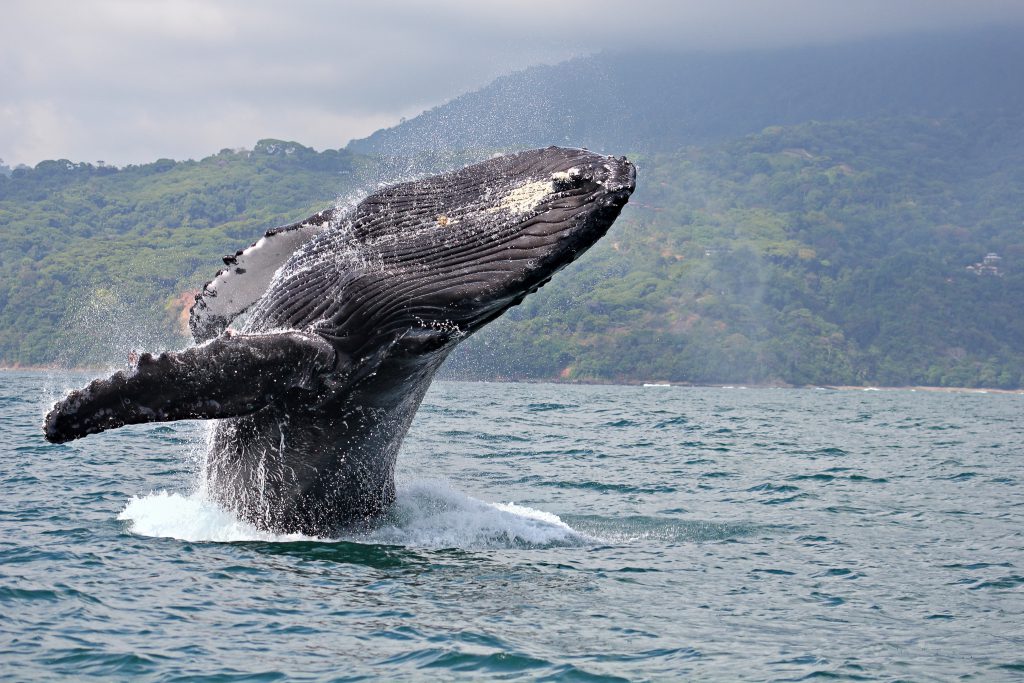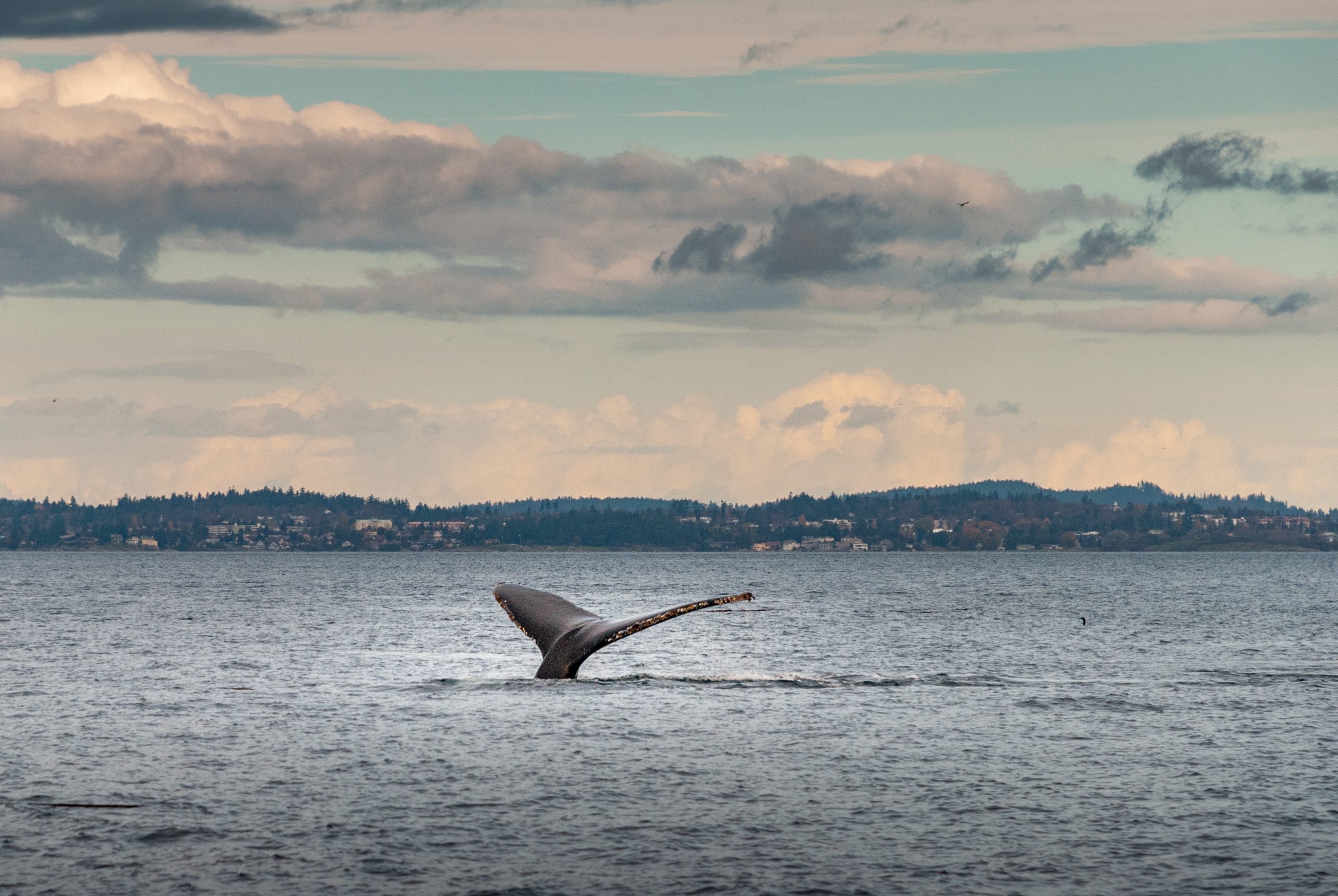There are many organizations and efforts dedicated to protecting whales and conserving their populations. International organizations such as the International Whaling Commission (IWC) and the International Union for Conservation of Nature (IUCN) work to protect whales and other marine animals through research, education, and policy development. There are also many non-profit organizations, such as the Whale and Dolphin Conservation (WDC) and the Ocean Conservancy, that focus on protecting whales and their habitats.
In addition to these efforts, there are a number of laws and regulations in place to protect whales at the international and national levels. The IWC has adopted a moratorium on commercial whaling that has been in place since 1986, and many countries have enacted laws to protect whales within their waters or have designated certain areas as whale sanctuaries.
There are also efforts to reduce the threats to whales from other human activities, such as pollution, ship strikes, and noise pollution. Many organizations work to raise awareness about these issues and advocate for measures to reduce their impact on whales.
There are many ways that individuals can support efforts to protect whales and their habitats:
- Learn about the issues facing whales and the organizations working to protect them. This can help you make informed decisions about how to get involved and how to support these efforts.
- Support organizations working to protect whales. This can include donating money, volunteering your time, or supporting their campaigns.
- Reduce your impact on the environment. Simple steps such as reducing your use of plastic, conserving water, and supporting sustainable fishing practices can all help protect whales and their habitats.
- Advocate for the protection of whales. This can include writing to your elected representatives, signing petitions, or participating in campaigns to raise awareness about the issues facing whales.
- Educate others about the importance of protecting whales. Sharing information about the threats facing whales and the efforts being made to protect them can help build support for these efforts.
- Support responsible whale watching. If you are interested in seeing whales in the wild, choose a tour operator that follows best practices for responsible whale watching and has a track record of protecting these animals.
Whales are some of the most intelligent creatures on the planet, exhibiting a level of intelligence comparable to that of humans. They are capable of complex problem solving, self-awareness, and communication.
Whales are able to recognize themselves in mirrors, indicating a level of self-awareness. They also have the ability to learn from their mistakes and remember past experiences. They are able to remember the locations of food sources and use problem-solving skills to find food.
Whales also have the ability to communicate with each other. They use a variety of vocalizations, including clicks, whistles, and moans, to communicate with one another. They also use body language, such as breaching and tail slapping, to communicate.
Whales also have a complex social structure. They form strong bonds with one another and have been known to help injured or ill members of their pod. They also display empathy and have been known to grieve for lost family members.
Whales are highly intelligent creatures that are capable of complex problem solving, self-awareness, and communication. They are capable of forming strong social bonds and displaying empathy. They are truly remarkable creatures and deserve our respect and admiration.
